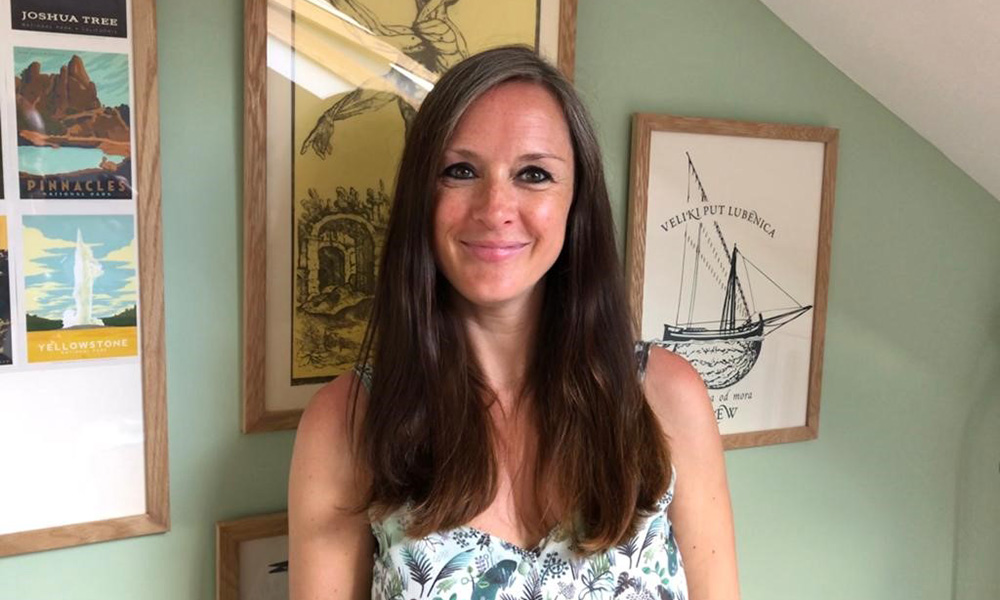
Welcome: Ellie McDonagh
Meet the new Informatics Science Director at Open Targets

Identifying drug targets is a complex yet crucial process in the life sciences. Open Targets is an innovative partnership between academia and the private sector that provides a platform for identifying potential drug targets linked with certain diseases and selecting or prioritising the most promising ones. Ellie McDonagh, the new Open Targets Informatics Science Director, wants to build on available resources and keep the partnership at the cutting edge.
What is your professional background?
In my previous role I was the Head of Curation and Pharmacogenomics at Genomics England, working on the 100,000 Genomes Project, which sequenced the genomes of thousands of patients with rare diseases or cancer. My team focused on curating data about the genes underlying very rare diseases in an open source knowledge base. Our goal was to aid genome interpretation and support a diagnosis for patients. Before this, I worked at the Pharmacogenomics Knowledge Base at Stanford University, which curates data about how a person’s genetic variation impacts their response to certain drugs.
What does your new role at Open Targets entail?
My job feeds into the aim of Open Targets: to help researchers and drug developers identify and prioritise novel targets for the development of safe and more effective drugs. My role is to bring the tools and data developed through projects carried out by the Open Targets consortium into the Open Targets platform and Genetics Portal. This also means working with new data providers, collaborators, as well as our core team to create innovative ways to aggregate and visualise data in a useful way. I want to make sure we are always at the cutting edge of drug target discovery and development.
What about your new position is the most exciting?
That would be the scope of my work and the opportunities that come with it; Open Targets funds experimental and informatics projects on a wide range of topics. I’m very excited to collaborate with researchers, partners and our core team on the projects that fill in the knowledge gaps in drug discovery and disease biology. There’s also a lot of scope for new collaborations within EMBL-EBI and externally.
What are some of the challenges in the field?
One of the biggest challenges is the vast amount of available data. We hear about new tools, datasets, publications and data resources every single day, so keeping on top of this fast-moving field isn’t always easy. This is where collaboration and knowledge exchange can really help. Another is access to data; we encourage making data publicly available and in standard formats to make data sharing easier.
What’s one thing we couldn’t find out about you from an online search?
I’ve got a mild form of synaesthesia, which is when the stimulation of one sense triggers perception with another sense. So, in my mind, certain words are associated with colours. I only realised it was quite rare when I read an article about it 15 years ago…I thought everyone had colours for the days of the week! Having different colours for each subject helps me organise my work, and I’ve always got a collection of coloured pencils on my desk to help match my thoughts and my notes.


